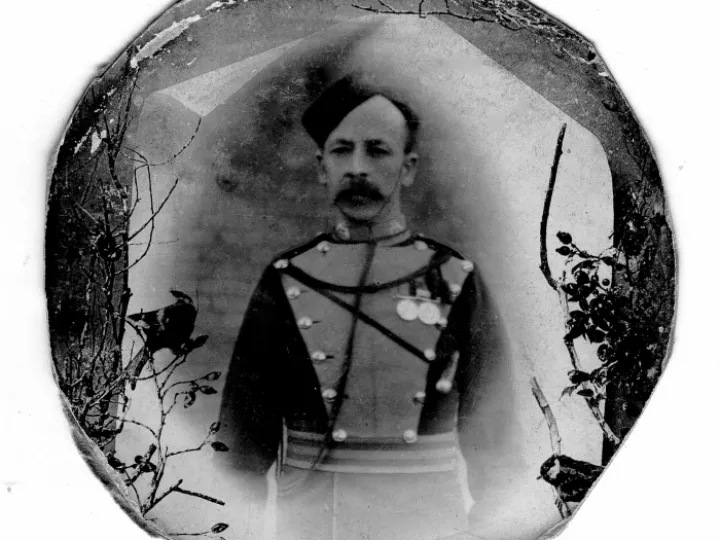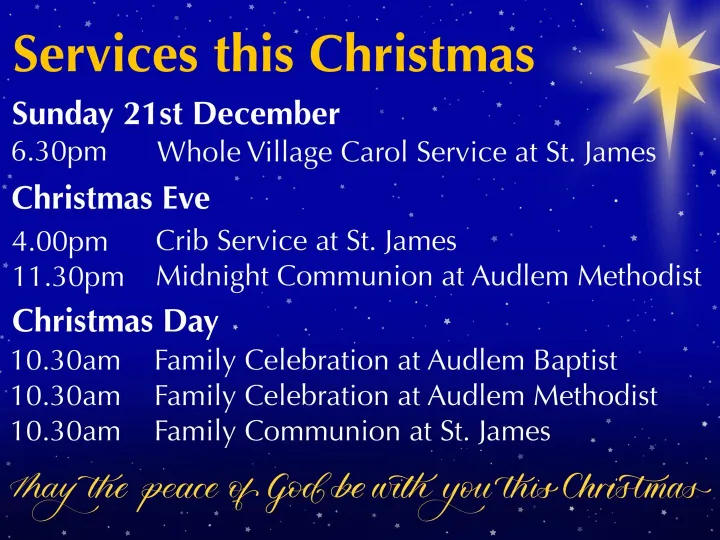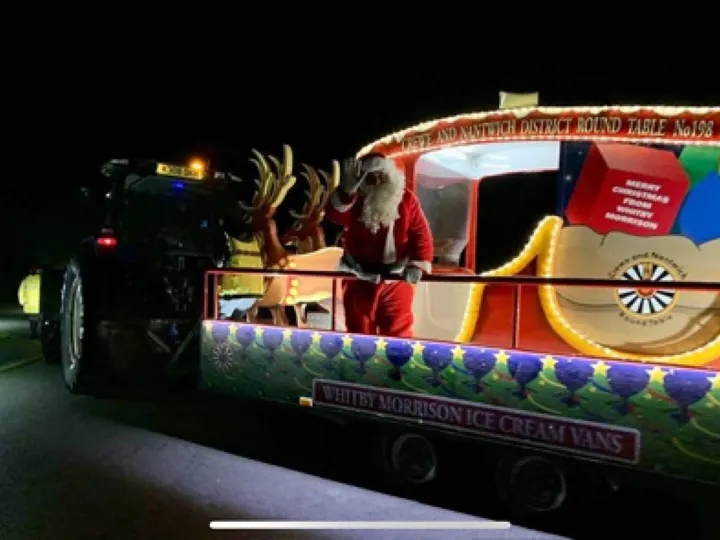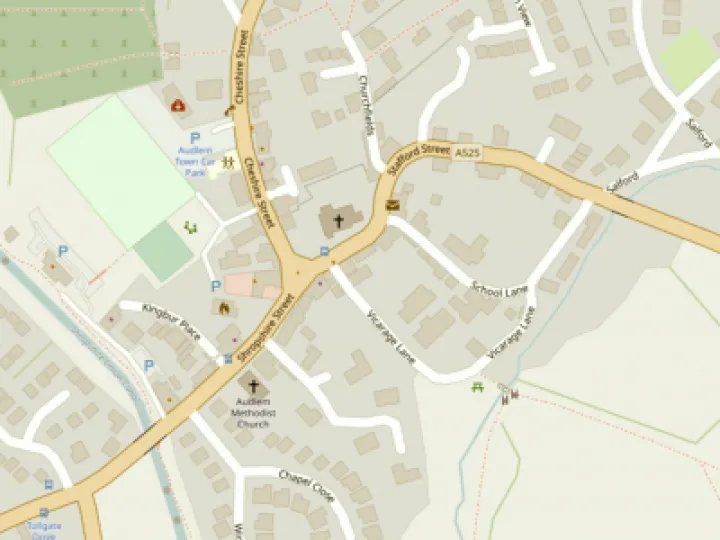My Connection with Winston Churchill

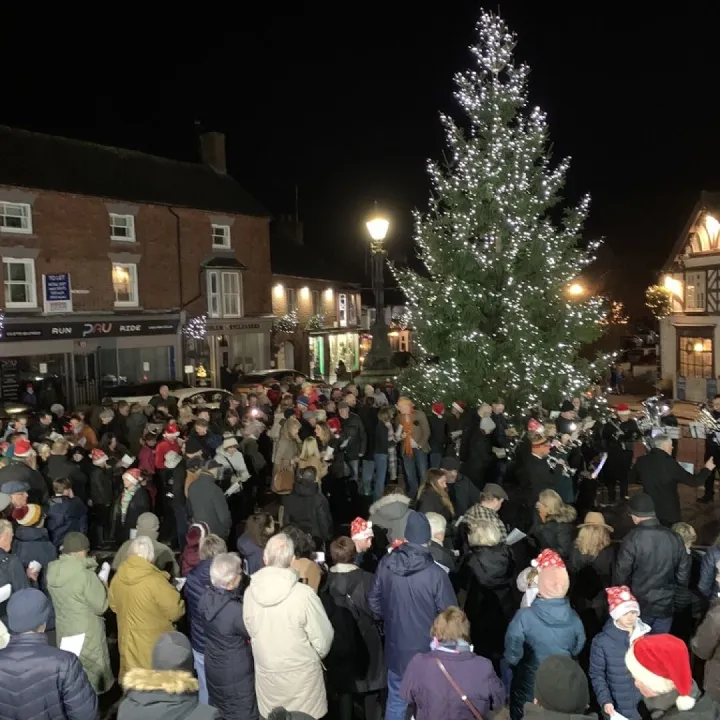




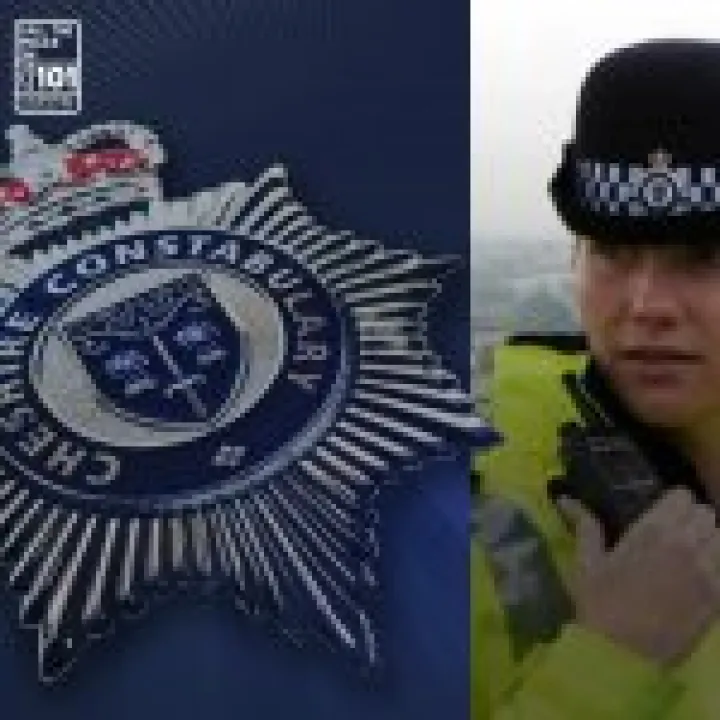

History Short number 26
A number of the History Shorts have centred on the connection of the writer to a famous person. The fact that the connection is sometimes a bit thin does not, however, make it less interesting. Rather the fact that the writer is known to us as a fellow member of the History Society enhances the story, even though the link may be insubstantial.
In this vein, two examples of weak and nebulous connections in my own family's background come to mind. First, in the 1950's, my brother, as Secretary of the Liverpool Cotton Exchange, received an application for a position there from a foreigner. His CV listed his experience in the cotton industry in his home country and ended with the additional qualification that he was also 'brother of BA – failed'. The second was when my son Jonathan, at about five or six years old, came running back from a campsite lake shouting excitedly "I caught a fish – almost!".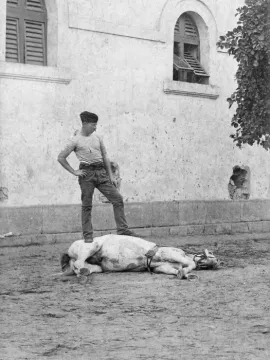 Which brings us to my story of Private Harry Jones, my wife Sue's grandfather, who was in the 21st Empress of India Lancers and took part in the last ever cavalry charge by the British Army at the battle of Omdurman, in Sudan, on 2 September 1898. To charge was only one of a number of choices that could have been made. However, the command was instantaneous. A charge may sound magnificent and impressive, as we visualise the horses galloping at full speed towards the enemy, but in fact, it was a fiasco. It lasted just two minutes, with 22 men killed and 50 horribly wounded, after which time the regiment reformed and volleys from the carbines caused the dervishes to flee. This charge was only one engagement in the whole battle and had little bearing on the outcome. Its significance became elevated by the award of a number of VCs and medals for acts of heroism.
Which brings us to my story of Private Harry Jones, my wife Sue's grandfather, who was in the 21st Empress of India Lancers and took part in the last ever cavalry charge by the British Army at the battle of Omdurman, in Sudan, on 2 September 1898. To charge was only one of a number of choices that could have been made. However, the command was instantaneous. A charge may sound magnificent and impressive, as we visualise the horses galloping at full speed towards the enemy, but in fact, it was a fiasco. It lasted just two minutes, with 22 men killed and 50 horribly wounded, after which time the regiment reformed and volleys from the carbines caused the dervishes to flee. This charge was only one engagement in the whole battle and had little bearing on the outcome. Its significance became elevated by the award of a number of VCs and medals for acts of heroism.
An article in the Weekend Telegraph of Saturday, 5 September 1998 sums it up as follows: "In England, the charge captured the popular imagination. As in Balaclava, the most futile and inefficient part of the battle was the most extravagantly praised. Casualties were severe."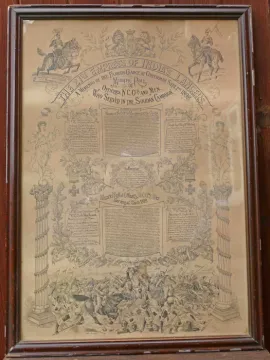 We have in our possession a large, framed decorative scroll commemorating the charge of the 21st Lancers at the battle of Omdurman. In it, the names of all the regiment at the time are listed, in order of rank, down from the Colonel and all the officers, the Regimental Sergeant Major, non-commissioned officers and the other ranks, to where Pte H. Jones is named.
We have in our possession a large, framed decorative scroll commemorating the charge of the 21st Lancers at the battle of Omdurman. In it, the names of all the regiment at the time are listed, in order of rank, down from the Colonel and all the officers, the Regimental Sergeant Major, non-commissioned officers and the other ranks, to where Pte H. Jones is named.
A few years ago, I happened to hear on a radio programme that Winston Churchill had taken part in the last cavalry charge by the British Army and I immediately went to look for his name on the muster roll. But it wasn't there! What a mystery!
I wrote to the Military Museum to ask if they could solve the mystery of the missing name. They passed on my letter to the National Army Museum, who kindly replied with the following information.
The decorative muster roll was one of a number produced as an entrepreneurial enterprise by a Sergeant Hicks of the Grenadier Guards ...... Winston Churchill's name does not appear, because: "At the time of the battle of Omdurman, Churchill was serving as a lieutenant in the 4th (The Queen's Own) Hussars. His mother used her influence with the Prime Minister to get her son attached to the 21st Lancers for the campaign. He certainly rode in the charge but would not appear on the muster roll as he was not a member of the regiment."
In fact the Telegraph mentions further that, "He was seconded to the 21st Lancers for the Sudan campaign with the proviso that he must proceed at his own expense and 'If killed or wounded in the impending operations no charge will fall on the British Army Funds'."
So, that's how Sue and I have a connection with Winston Churchill – almost!
Get In Touch
AudlemOnline is powered by our active community.
Please send us your news and views using the button below:
Email: editor@audlem.org

